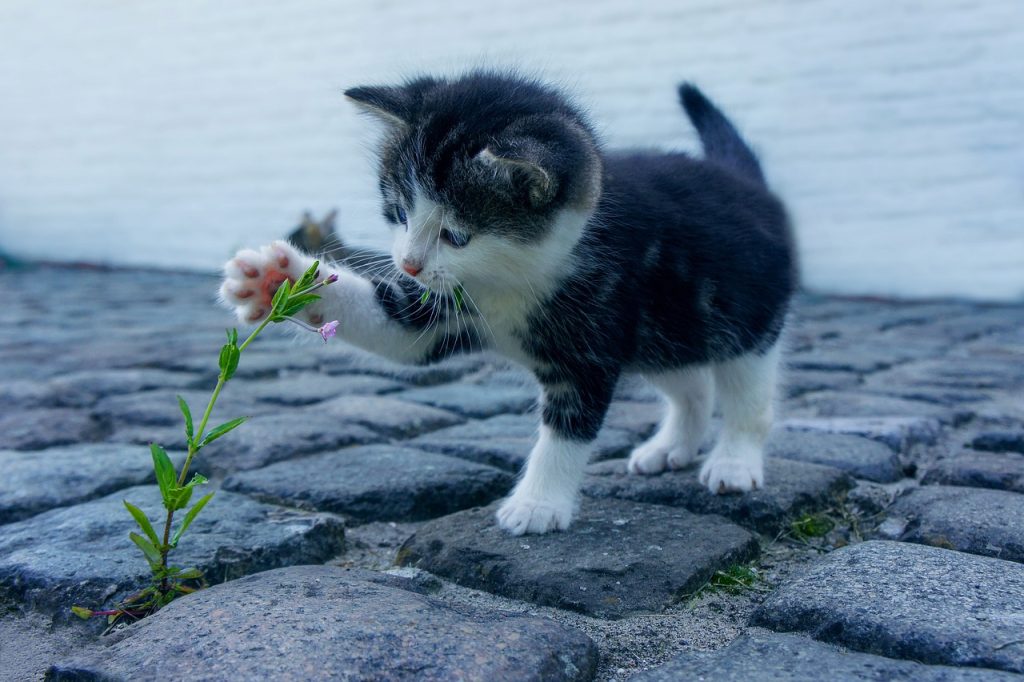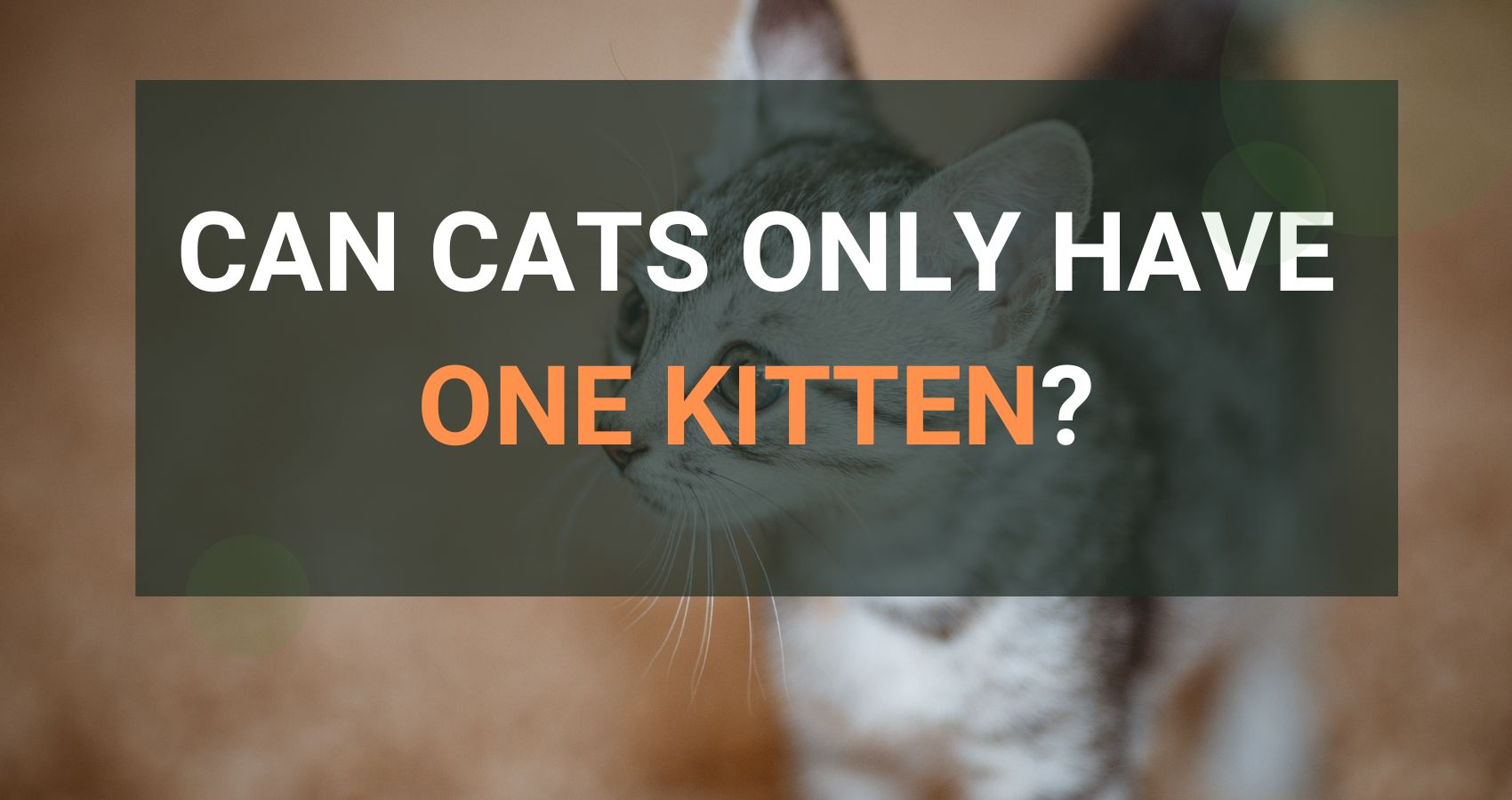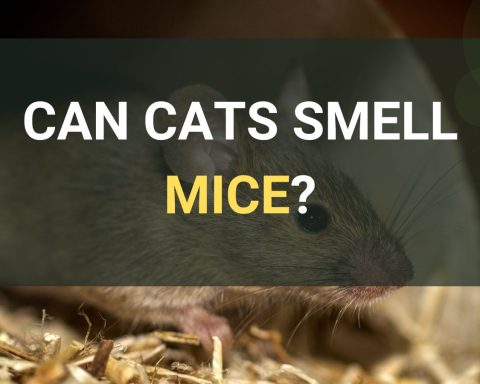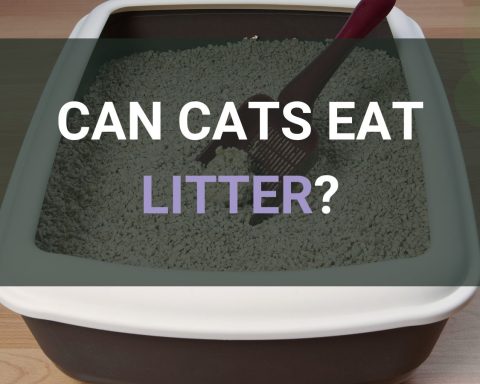It can be unsettling if the cat you’ve bred only produces one kitten litter. After all, cats are known for frequently having several kittens at once. Do you find this worrying?
This article will discuss the many explanations for why your cat has only produced one kitten. In actuality, this happens more frequently than you might imagine. Continue reading to learn the causes of this phenomenon as well as a few things that might stop it.
Can Cats Have Just One Kitten?
Yes. Pregnancy can be affected by several factors, including:
- age
- physical fitness
- the number of sperm
- motility of sperm
- rates of mate success
- genetics
Fertilization results are difficult to predict. A cat may give birth to only one kitten, which is unusual.
One or more fertilized kittens that did not correctly develop could be the cause. A mother cat will absorb an undeveloped fetus into their body if it takes longer than expected for it to do so.
They will most likely be stillborn if they are not carried to term but continue to grow. Mother cats frequently consume their stillborn kittens. If you weren’t present when the litter was born, it’s possible that the mother cat ate the stillborn kitten, giving the impression that there was just one kitten in the litter.
Can Cats Have Only One Kitten?

Yes, but do not be alarmed if you just have one kitten; it does not automatically signify a health danger. It is feasible, albeit less typical than a litter with several kittens. You should be aware that any animal is extremely vulnerable during pregnancy.
Setting a minimum age before allowing your female cat to reproduce is crucial. Additionally, you must try your hardest to ensure her well-being by making her feel comfortable and always providing a healthy diet.
Can Cats Give Birth To Only One Kitten?
Yes, it’s possible that a cat had more healthy kittens that were unable to be delivered, even though they had been digested. The kittens could get stuck or have other birthing issues if a cat’s labor is complicated.
The mother cat’s life as well as the lives of the unborn kittens, are in danger due to this dangerous circumstance. They should be taken to a specialist right once because it will be a veterinary emergency.
Due to the mother cat’s behavior and symptoms, you can detect if there are any birthing problems. The interval between each kitten’s birth is typically between 15 and 1 hour. You must take the cat to the vet if, after an hour, it still hasn’t given birth to another kitten and starts to exhibit signs of concern.
The mother may also go through what is known as interrupted labor in cats. The cat will then stop exerting itself and begin to lick, suckle, and take care of any newly born kittens. Even though it won’t happen most of the time, it happens frequently enough to be regarded as common.
Although it is doubtful that another kitten would be born beyond this period, the stopped labor could persist for up to 36 hours. There is probably only one kitten in the litter if the mother cat gave birth to one kitten, stopped, and is healthy after 24 hours or more.
Can Cats Have 1 Kitten?
Owners frequently report that their cat only produced one kitten before stopping. Are there still kittens inside? is the first thing that springs to mind. After a while, anxiousness sets in, and new inquiries surface, such as:
- Did I do something to stop her labor?
- Is having one kitten typical? How long should I continue to wait?
- Should I take her right away or should I wait and watch her before taking her?
The list continues. It is better to bring your queen to the vet’s clinic if conditions permit. A fast x-ray or ultrasound examination can verify whether she still has kittens within, as well as how many, for your peace of mind.
You can confine her if you’d like, and the veterinary team can watch her. Later, if the mother experiences any difficulties giving birth to the remaining kittens, assistance will be available right away.
Can Cats Die Giving Birth
Cats are thought to be extremely fruitful creatures. They are able to give birth with little fuss and few complications. Having said that, it is usual for some kittens to pass away during delivery. Even though it’s distressing, you may take precautions to make sure the mother cat and her kittens are healthy so they have the best chance of surviving birth.
Here is a quick review of what to look out for and how long you should wait if circumstances prevent you from taking her to the vet right away:
- The typical kitten birth interval is 10 to 1 hour, however, it can be up to 3 hours.
- Typically, the entire labor and delivery process takes between one and twelve hours, perhaps even up to twenty-four.
- The cat might have entered a condition known as “Interrupted Labor.” Cats typically do this, thus the pet parent may not have intentionally interfered with the cat’s labor in this case. The cat stops straining during this time, and enjoys relaxing and nursing, eating, and using the toilet. This stage can last anywhere from 24 to 36 hours, after which time straining and subsequent kitten births should resume; if not, take the queen to the doctor.
- The cat might be experiencing “dystocia,” or a challenging birth. The veterinarian can determine any number of potential causes for this disease. You will observe the cat squeezing herself for more than 20 minutes without giving birth to a kitten.
- Another scenario is when a kitten is occasionally seen at the vulva’s opening but is unable to fully exit, despite the cat’s best efforts for more than ten minutes. The cat will be visibly upset and exhibit signs of pain and fatigue. She will be agitated, panting, and wailing all the time. Occasionally, you might even notice a foul-smelling discharge coming from her vulva. Take her right away to the veterinarian’s clinic as this condition is urgent.
Obviously, your veterinarian is the best person to provide you with advice on this. They can rule out any signs of disease in your cat, order any necessary tests, and provide you with information on feline pregnancy.
However, treatment might not be required if there are no symptoms and the mother and kitten seem to be in good health. Regardless, if your cat has recently given birth, it is important to pay special attention to the mother’s and the kittens’ health and wellbeing.








